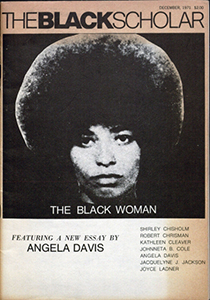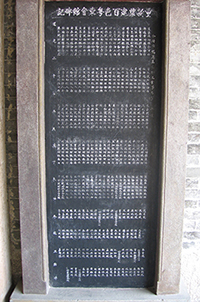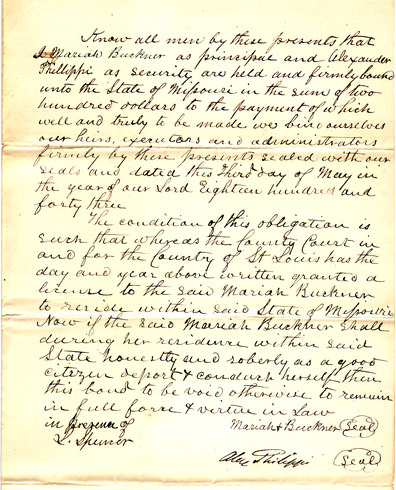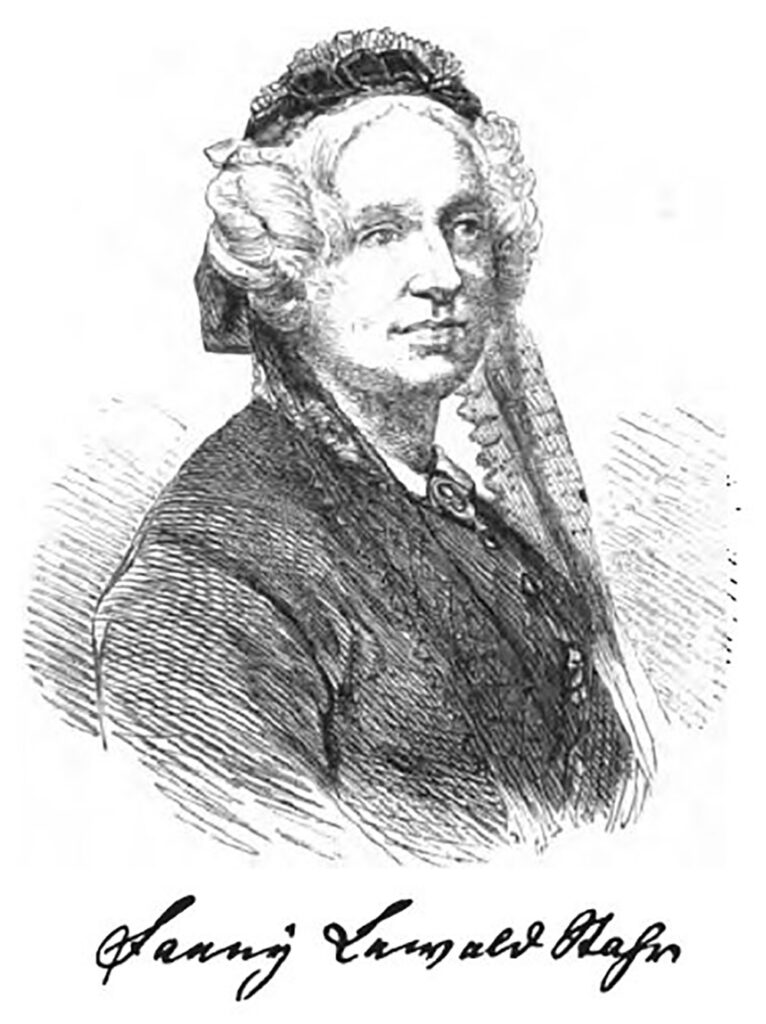Digital Projects

WashU Libraries offers digital collections, exhibitions, and projects as ways to explore and enjoy digital materials. Browse the Digital Projects page to explore the joint efforts between WashU faculty and other supporting archives, societies, museums, collectives, and more.
Digital Collections
Digital Exhibitions
Digital Projects in Music
Selected Digital Projects

F.B. Eyes Digital Archive
The F.B. Eyes Digital Archive is a collection of 51 FBI files on prominent African American authors and literary institutions, many of them unearthed through Professor William J. Maxwell’s Freedom of Information Act (FOIA) requests for his monograph, F.B. Eyes: How J. Edgar Hoover’s Ghostreaders Framed African American Literature. The official aim behind the Bureau’s close reading was to anticipate political unrest. Yet, as F.B. Eyes reveals, FBI surveillance influenced the creation and public reception of African American literature at the heart of the twentieth century.
Professor Maxwell first developed the collection in collaboration with the Humanities Digital Workshop (HDW) and WashU Libraries. HDW and Arts & Sciences Computing now support it.

West River Inscriptions
Professor Steven Miles’s West River Inscriptions is a database of images and transcriptions of stelae along the West River (Xijiang) basin in Southern China tracing the Cantonese diaspora. Since 2001, Professor Miles has documented stelae during fieldwork conducted across Guangxi, western Guangdong, southern Guizhou, and eastern Yunnan.
West River Inscriptions was built in collaboration between Professor Miles, the Humanities Digital Workshop (HDW), and WashU Libraries. The HDW maintains and updates it.

Documenting Ferguson
Documenting Ferguson is a freely available resource that seeks to preserve and make accessible the digital media captured and created by community members following the shooting death of Michael Brown in Ferguson, Missouri, on August 9, 2014. Our project aims to provide diverse perspectives on the events in Ferguson and the resulting social dialogue.
Learn more with the Documenting Ferguson Collection research guide. If you have inquiries about the content or technical issues, please contact the Documenting Ferguson team at documentingferguson@wustl.edu.
Image credit: Mark Regester, “Signs at the site of the Michael Brown shooting. Canfield Dr.”, August 17, 2014, Documenting Ferguson (df_8268).

Newman Numismatic Portal (NNP)
Funded by the Eric P. Newman Numismatic Educational Society, the NNP is dedicated to becoming the primary and most comprehensive resource for numismatic research and reference material, initially concentrating on U.S. Coinage and Currency.
Selections from the Newman Numismatic Portal is a collection of digital exhibits featuring rare and unique items from the NNP.

St. Louis Circuit Court Historical Records Project
At the center of the collection are the “freedom suits,” over 400 Circuit Court record cases documenting the legal challenges of enslaved African Americans who sued for their right to be free in Missouri. Please see the St. Louis Legal Encoding Project Resources Guide for information on freedom suits and specific cases.
The project also contains the Revised Dred Scott Case Collection, a full-text, searchable resource that represents the full case history of the Dred Scott Case. In 1846, Dred Scott and Harriet Scott filed suit for their freedom in the St. Louis Circuit Court. This suit began an eleven-year legal fight that ended in the U.S. Supreme Court.
This digital project is a collaboration between the Libraries and the Missouri History Museum, with contributions from many partners. It builds on prior St. Louis Circuit Court projects, the Missouri State Archives—St. Louis, and WashU.

The Novels of Fanny Lewald
Fanny Lewald (1811-1889) was a popular and prolific writer of novels, novellas, short stories, travelogues, letters, political essays, and other works. Although Lewald was to become a very well-known, best-selling author, she was largely forgotten within 20 years of her death. Feminist critics rediscovered her in the 1970s, and a few of her works have since been republished.
This collection presents digitized page images from ten (10) of Lewald’s novels in their native German, broadening access to this important author’s work and making her writing available to readers and scholars worldwide.

